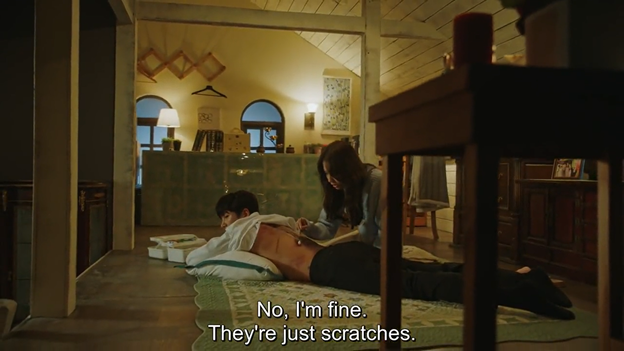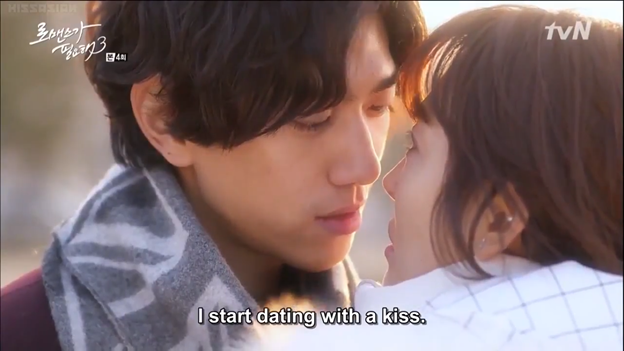 Underappreciated Movie Gems — Part 1
Underappreciated Movie Gems — Part 1
Next time someone says that you are wasting your time binge-watching dramas at 3 a.m. and that you don't have a life anymore, you can shove this list of good habits from dramas right up their face, and say that dramas are part of your educational experience. Without further ado, on to the list, we go:
1. Have fun with coworkers
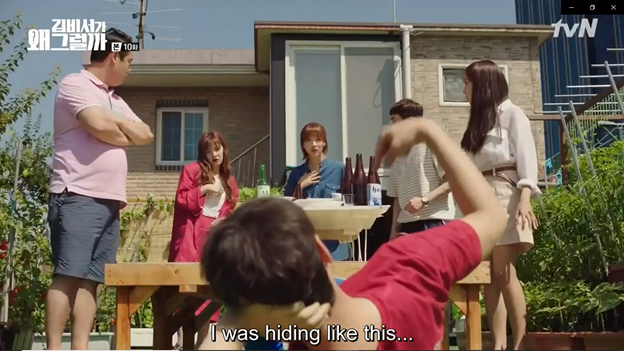
What's Wrong with Secretary Kim?
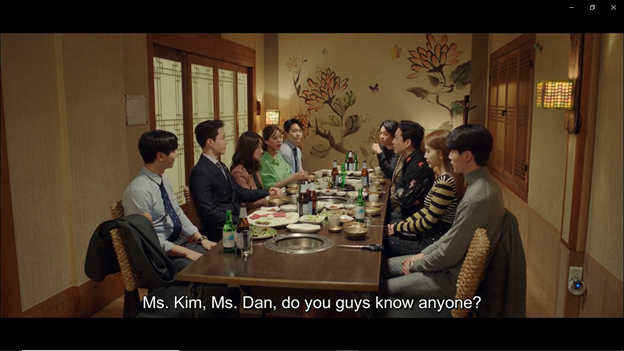
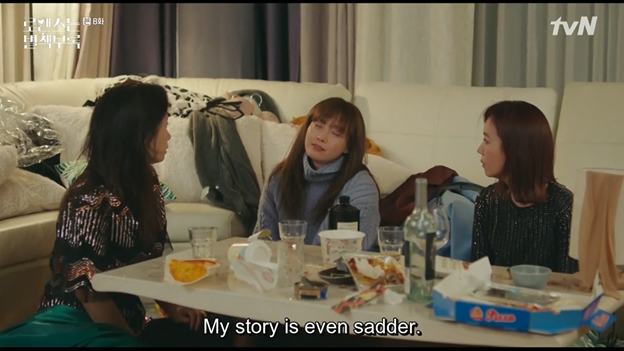
Offices are meant for work, but hey, all work and no play will convert us all into dull boys called Jack, or so the English proverb goes. I have nothing against poor Jack, but I am no fan of dullness, and that is exactly what the vast majority of actual offices have, and in copious amounts at that. Dull atmospheres with dull work and dull people. Not so in the drama world though. Here, we have coworkers hanging out with each other during and after work, having fun all the time. There are the barbeques and drinking parties, and also the karaoke after. Even beyond though, people have genuine friends among coworkers with whom they share joys and sorrows and count on for emotional support.
2. Running Everywhere
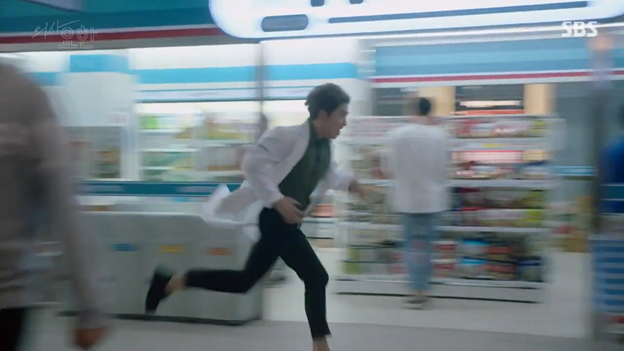
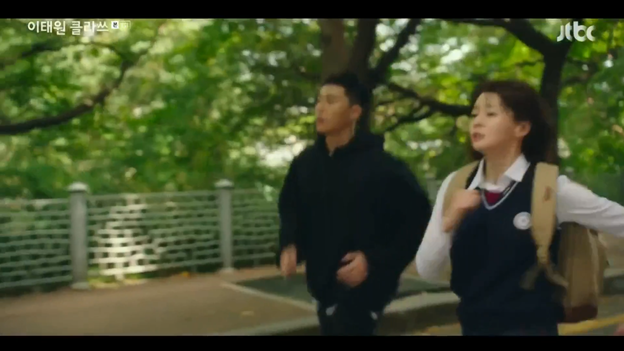
I don't mean those terrifying chases in thrillers or those morning runs in tracksuits. I am referring to running while doing everyday tasks of our life during work or school. So often our favourite drama characters on-screen break out in a run for all sorts of reasons ranging from saving a critical patient to catching a bus, to reaching a class on time. We see actual sprinting and not the slow, methodical pace of jogging, and it just exudes such a youthful vibe. This habit is fun, saves time, and cuts down on the time budget requirement for exercise, keeping us fit naturally. Just don't make it a habit of avoiding being late only if you run. ;)
3. Home Cooking
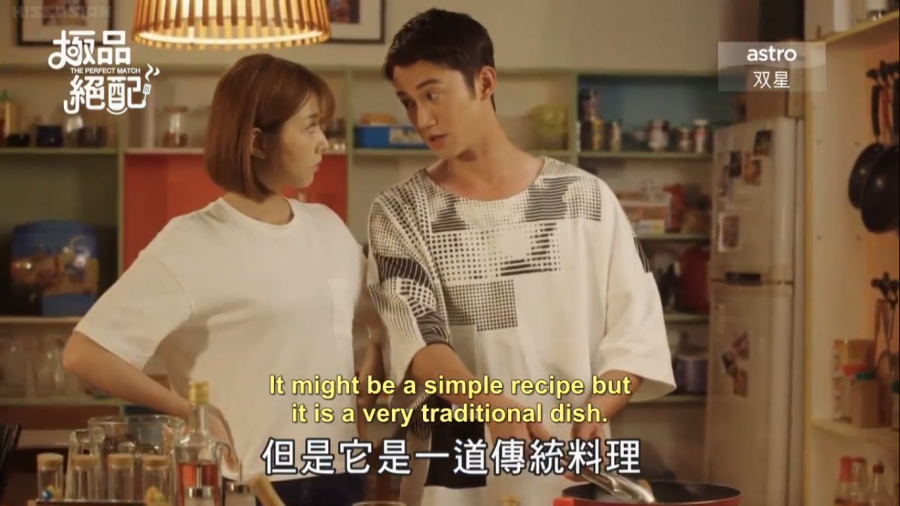
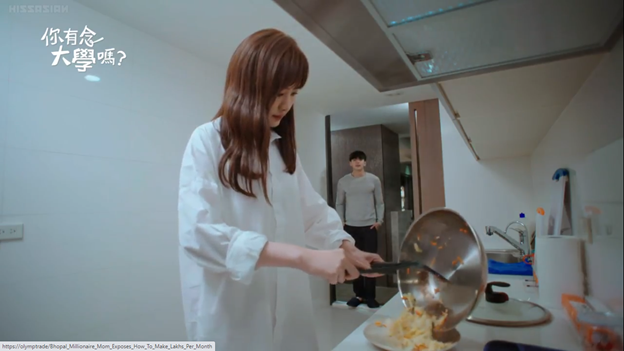
Asians shows can't stop being about food, and sometimes they are only about food. That's good because they can get inspirational in getting us to dust off those bowls and ladles and get busy cooking ourselves. Some dramas have the lead preparing a plethora of elaborate side dishes, and mothers are always guilty of overdoing these, but the bar is quite low, and even fried eggs and simple ramen dishes are shown (though instant ramen noodles don't count). Eating out is such an important part of most dramas, but the home-cooked meals serve as a nice foil as well. In many dramas, it is after the morning homecooked breakfast finds the stomach, often with dried pollack or seaweed soup if there are hangovers involved, that the way to the heart is forged. Cooking for someone else is a touching gesture by itself, but the entire process can get even more romantic.
4. Reading Books is Cool
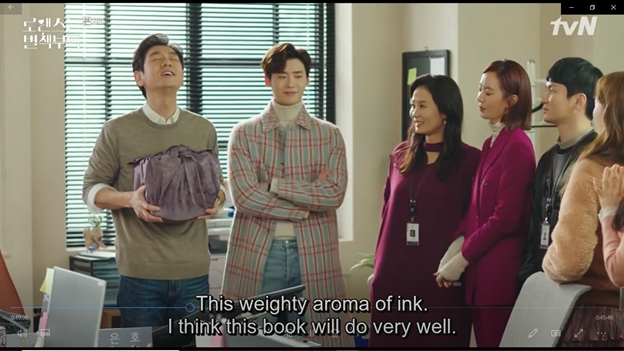
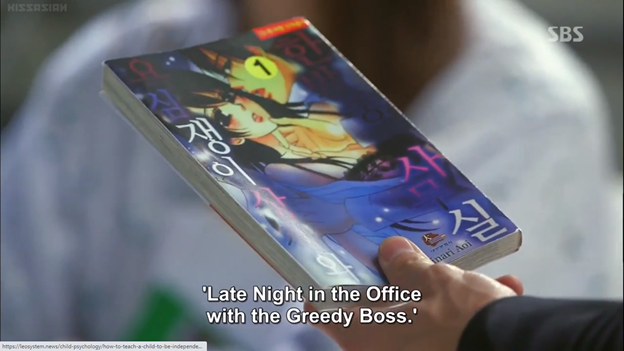
Reading books is surprisingly common in the drama world, and much loved, even in these times when most reading is done on screens. Sometimes it takes the form of the sinful pleasure of pulp fiction in You Who Came from The Stars. Occasionally, the whole drama is about the joy of reading, and the beauty of the book, as in Romance is a Bonus Book. There is also a lot of writing, especially in journals. Thank goodness, the day is not lost for these old-fashioned habits if dramas continue to have them!
5. Caring Gestures of Kindness
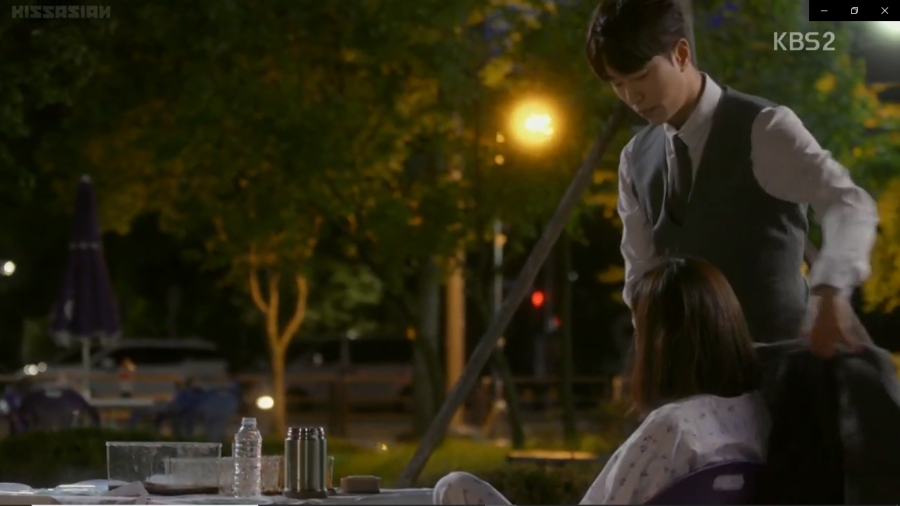
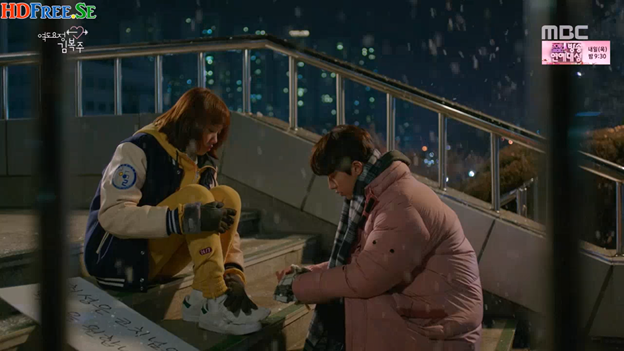 Weightlifting Fairy Kim Bok Joo
Weightlifting Fairy Kim Bok Joo
Alright, these encompass a whole host of gestures, but the most common ones I am thinking of are sharing extra clothes when it's cold, or applying pain-relief patches, or helping treat a wound. The care is usually not requested by the person feeling cold or in pain but is appreciated and is a spontaneous gesture on the part of the person helping. Dramas do go overboard sometimes with the bandage of very tiny cuts treated as if they were life-threatening surgeries. Yet, in many instances, the help was sorely needed. This is another habit the world could do more with.
6. Being Careless on Roads Kills
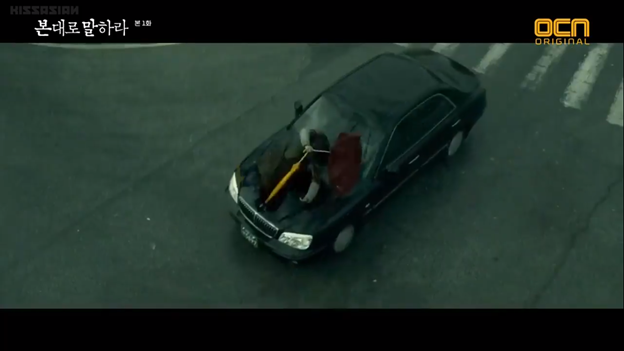
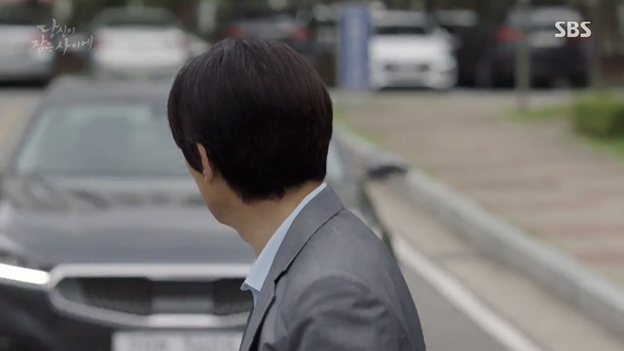
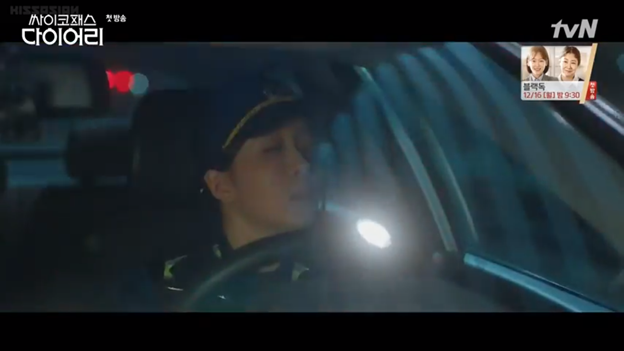
"Crosswalks aren’t where you idly pass the time of the day by,
Do that too often, and life itself may kiss you bye-bye."
Wait, aren't dramas notorious for showcasing the worst of road practices? Pedestrian crossings do not function merely as places where people meet by chance but more like a café, for elaborate discussion, all in the midst of a swarm of human and vehicular traffic. Lead actors take their eyes off the road and fully turn their heads to talk to the person sitting next to them (or to ogle them). Persons driving suddenly change lanes due to an emotional swing. People walk nonchalantly in the middle of the road. The clichéd black or white van with opaque windows employed by the baddie 'dispatches' loved characters on the road when they are not looking.
Ironically, the portrayal of the dire consequences of road carelessness does a good job of imparting the vital lesson of road safety.
7. Kisses get sweeter after some buildup

A lot of current dating culture revolves around speed, and a lot of English shows reflect that, with kisses and physical intimacy happening almost immediately after the leads meet, and they really fly thick and fast. At such a juncture in our timeline, dramas are almost anachronistically slow. Although there are exceptions, it usually takes 4 to 8 episodes for the first liplock in a Kdrama, and even thereafter, they don't often happen except for the usually more free-flowing final episode. This lends them an air of anticipation and excitement that makes them much more meaningful and worthwhile when the wait is finally rewarded. While I am not advocating holding out on the kiss, I do think that relishing quality moments after anticipation is more satisfying.
So that concludes my list of good habits from dramas. Stay tuned for the next one on bad habits. ;)

